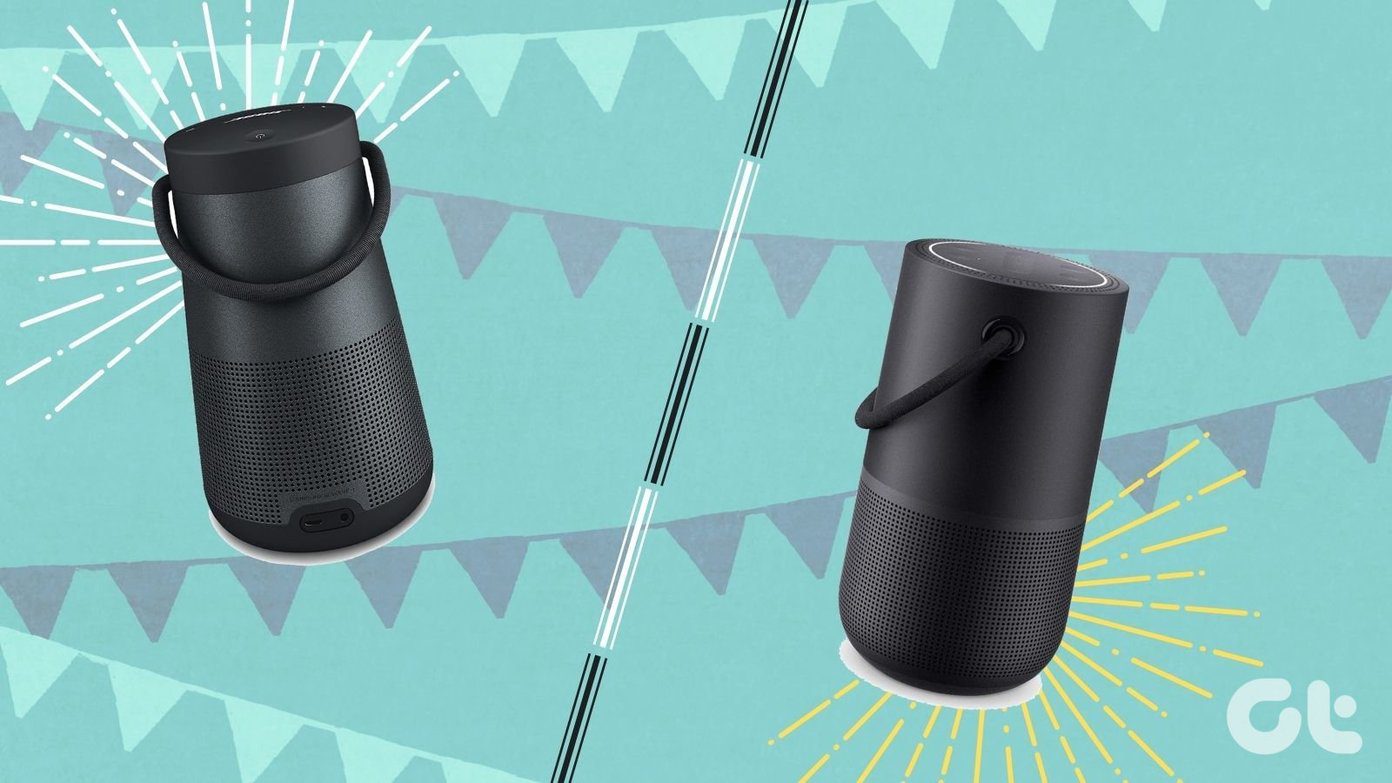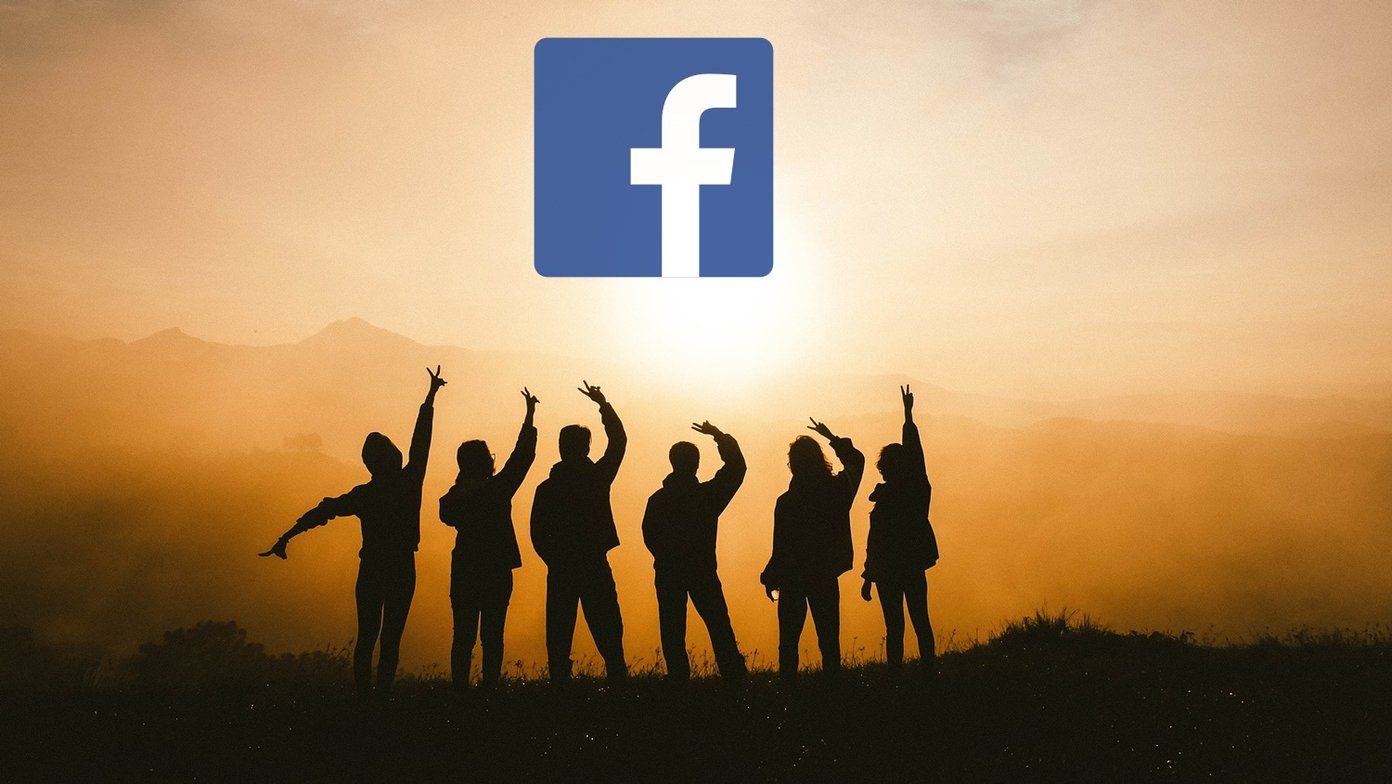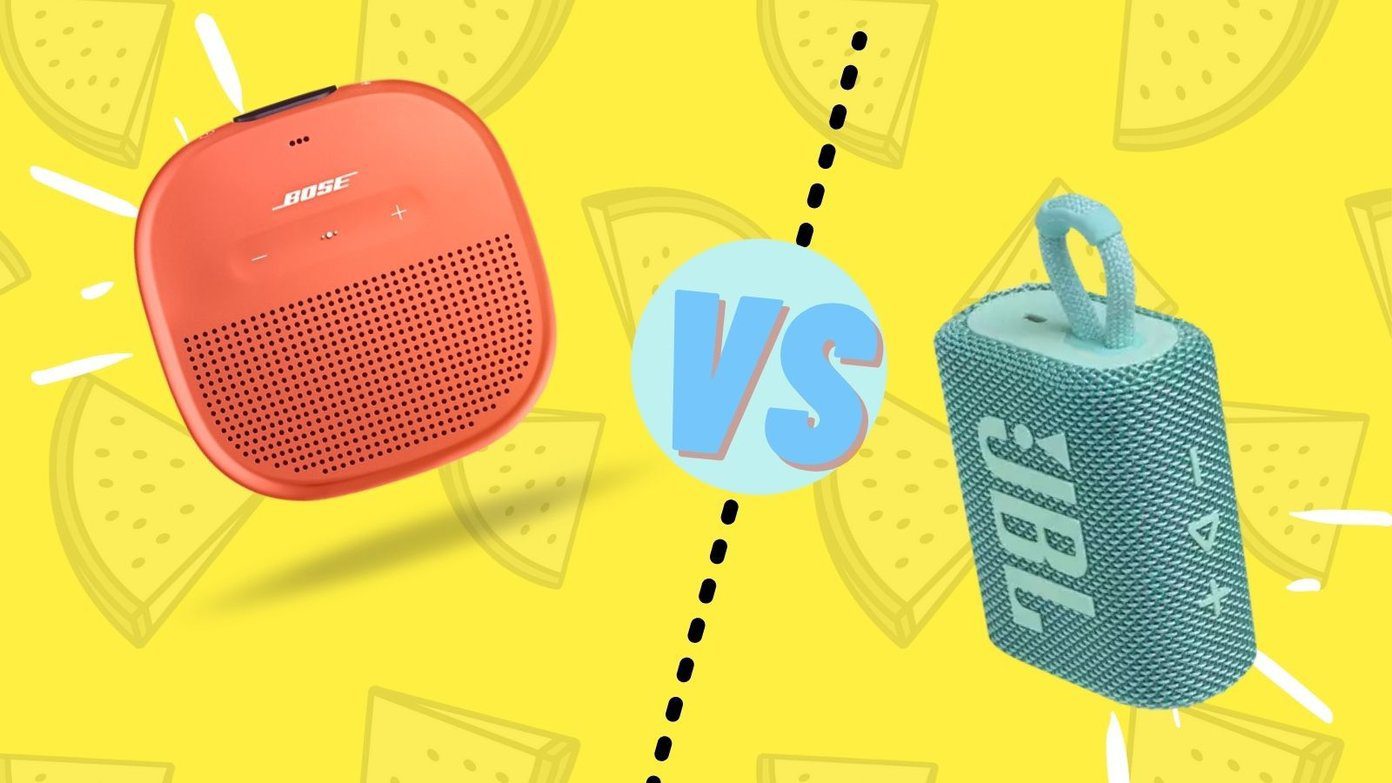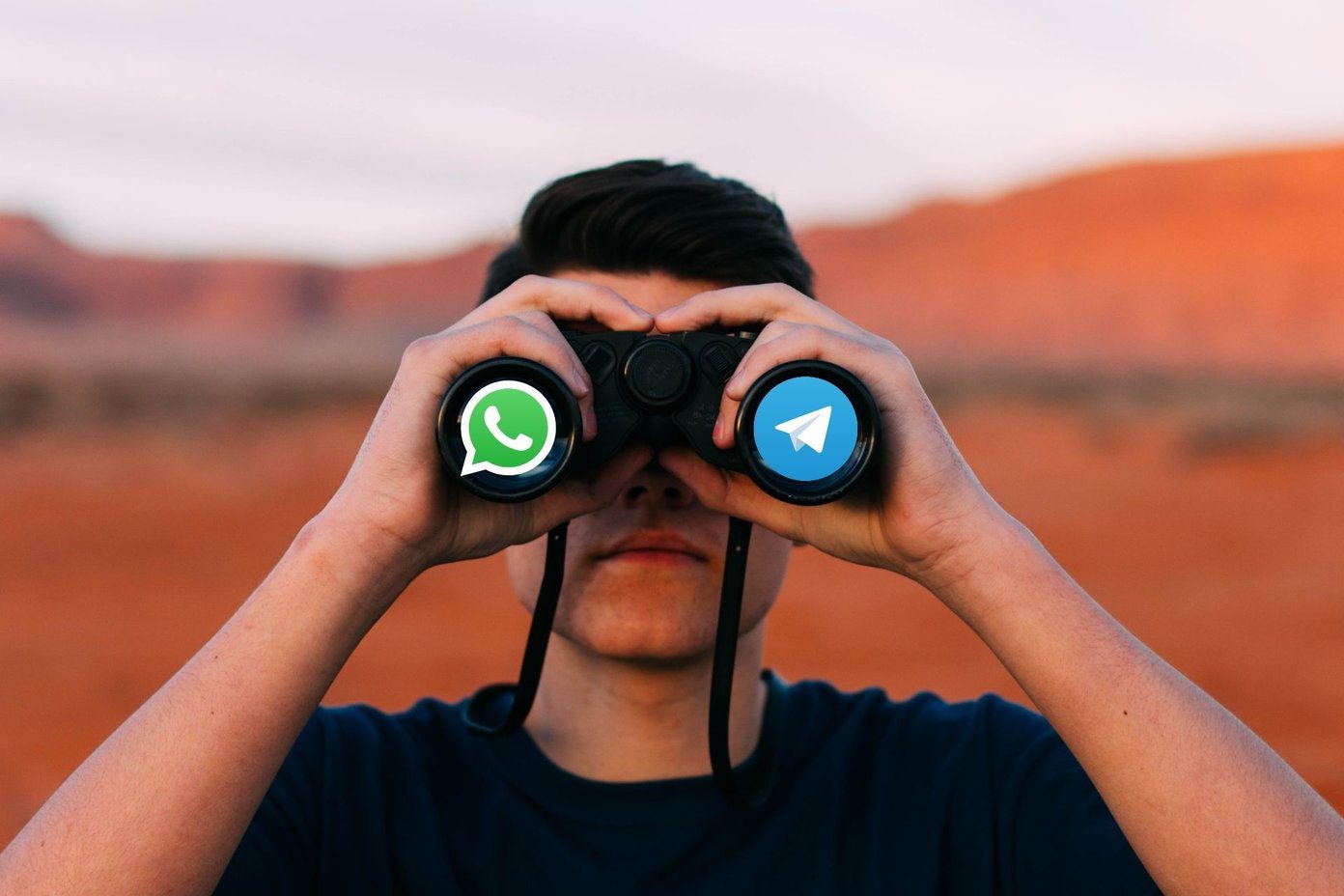Google Photos comes pre-installed on phones running Stock Android. But you can install it on other Android phones too and even iPhone. You can also access the pictures from its web version available at photos.google.com. Now, let’s check how to make sure your pictures are private in Google Photos.
How Do I Know My Pictures in Google Photos Are Private
For that, you need to understand the working of Google Photos. When you install or open the Google Photos app, you will notice that it has your Google account. Now that’s where everyone starts worrying about the privacy of their photos. Basically, Google Photos is a backup and sync service and not a social network. And that’s why it needs a Google account to backup and sync your data. However, you can use it on your phone without an account too. Google Photos performs four functions, and that impacts the privacy of your photos. Note: Speaking of privacy, give your privacy a boost with a premium VPN service. Guiding Tech users can grab an exclusive 70% discount on a 3-year NordVPN plan, so do check it out.
Google Photos as Gallery App
Firstly, it acts as a gallery app on your phone, showing you the pictures and videos available on the phone. Even if the Google account is connected, no need to worry as the pictures are private. Yes, unless you enable the backup feature, all your photos on your phone are private. So, you don’t need to do anything to make them private as they are private by default only.
Google Photos as Backup Tool
Secondly, it works as a photo backup service. Only when you enable the backup feature in the Google Photos app, then your pictures will be uploaded to the Google Photos cloud. You can also add photos from the web version of Google Photos. Again, the photos are still private, even when their backup is in the cloud. Nobody except you can see them. So, you don’t have to modify any privacy or security setting in Google Photos in this case too.
Google Photos as Sync Tool
Besides backing up your photos, it continuously syncs your existing data between various connected devices. That is where you have to be careful. Meaning, anything already available in the Google Photos server (or added via the connected Google accounts) will automatically become visible on the Google Photos app on your phone with the same Google account. For instance, if you add your Google account on your friend’s phone, then they will have access to the photos in your Google Photos account. Similarly, if you install Google Photos on your secondary phone and log in with the same Google account on that phone, then the backup of photos from the first phone will sync to the second phone automatically. In that case, you cannot do anything except staying away from adding your Google account on someone else’s phone. If you have done that, you need to remove the Google account from their phone.
Google Photos as Sharing Tool
The only common way by which others can see your Google Photos is if you share them using the sharing features provided by Google Photos. Note: Only the pictures that are backed up can be shared. If the backup feature is off and you share a photo, it will be uploaded to Google Photos first. We will not go into the sharing features offered by Google Photos as we have covered them in detail in our separate post. However, for reference, we will briefly tell you the multiple ways of sharing and how to make sure the shared photos are safe. There are three methods to share photos via Google Photos:
Share with other Google Photos usersShare via Google Photos linkShare via partner account
In all three cases, the other person can share your shared photos with more people. That can happen by the link-sharing feature of Google Photos or by downloading them. The latter doesn’t need any explanation. When it comes to links, each image or video in Google Photos has a unique link. If you share the link, anyone having access to that link can view the photo. For instance, if you share with your friend A and A shares with their friend B, then B can see the photo. The image link can be generated for any shared photo too.
How to Make Sure Images in Google Photos Are Private
Fortunately, you can keep track of people who have access to your photos and what they can see. Tip: To hide Google Photos on your phone, you should archive them. For that, open the Google Photos app and tap on the Sharing tab at the bottom. Here you will see all the shared pictures. Tap on the album name. Inside the album, you will see the people who have access to your photos. Tap on the three-dot icon at the top and select Options. Alternatively, tap on the profile pictures icon to go to sharing options. If you want to disable sharing, turn off the toggle next to Share. Note: If anyone has the link after you turn off the sharing, the photos will not open to them. But if the person has already downloaded the photos, then you cannot do anything. In the case of the partner accounts too, you will see the shared photos in the Sharing section. You need to remove the partner to stop sharing the images. Learn in detail what is a partner account and how to create or delete it. Note: You can check the sharing settings on the web version of Google Photos too.
Tips for Privacy on Google Photos
Keep checking the Sharing tabShare photos with trusted people onlyTurn off sharing once photos are sharedDo not add photos to any unknown shared album
Try Google Photos Alternative
To wrap it up, Google Photos doesn’t offer any dedicated privacy or security settings because the photos are private by default unless you share them. If you like Google Photos but you aren’t comfortable with the backup or sharing feature, you should try its offline version on Android known as Gallery Go. It is a lightweight alternative of Google Photos that offers similar features but without the internet. Thus, your photos are safe and private. Next up: Not satisfied with the Google Photos app and thinking of uninstalling it? Know what happens if you uninstall Google Photos from your phone using the next link. The above article may contain affiliate links which help support Guiding Tech. However, it does not affect our editorial integrity. The content remains unbiased and authentic.
















